|
LISTEN TO THIS THE AFRICANA VOICE ARTICLE NOW
Getting your Trinity Audio player ready...
|
With a swirl of white smoke rising above the Sistine Chapel and the ringing of bells in St. Peter’s Square, the Vatican Thursday, May 8, 2025, announced the election of a new pope: Cardinal Robert Francis Prevost, a 69-year-old American-born prelate with Peruvian ties and a lifetime of pastoral, missionary, and administrative experience. Taking the name Pope Leo XIV, he became the first pope from the United States, the first member of the Order of Saint Augustine to be elected pontiff, and only the second pope from the Americas, after Pope Francis.
The announcement, made on May 8, 2025, came just weeks after the death of Pope Francis and concluded a brief but decisive conclave. His choice of name—Leo XIV—is a deliberate echo of Pope Leo XIII, the 19th-century pope known for championing workers’ rights and issuing the landmark encyclical Rerum Novarum. Church watchers interpret this as a nod toward continuity in social justice teachings and a renewed commitment to the Church’s role in advocating for the marginalized.
In his first address from the balcony of St. Peter’s Basilica, Pope Leo XIV struck a tone of hope and bridge-building: “Together, we must try to find out how to be a missionary Church, a Church that builds bridges, establishes dialogues,” he told the gathered faithful and a global audience watching online and on television. He further called for “a disarmed peace and a disarming peace”, phrasing that signaled a commitment to nonviolence and reconciliation amid ongoing global conflict, including wars in Ukraine, Sudan, and Gaza.
His election has been widely praised, including by clergy in regions often overlooked in Vatican diplomacy. One Catholic official from Gaza publicly appealed to Pope Leo to “give importance to Gaza and its peace,” reflecting high expectations from conflict zones and developing nations.
A Pontiff Formed in the Global South
Though born in Chicago on September 14, 1955, to a family of French, Italian, and Spanish descent, Robert Prevost spent much of his adult life in Peru, where he worked as a missionary, seminary professor, canon lawyer, and bishop. He is fluent in Spanish and deeply familiar with the pastoral realities of the Global South.
He entered the Order of Saint Augustine (O.S.A.) in 1977 and was ordained a priest in 1982. After earning a doctorate in Canon Law in Rome, he was sent to the Augustinian missions in Chulucanas and Trujillo, Peru, where he would spend nearly two decades. There, he led parishes in poor communities, taught theology, and served as a judicial vicar in the Archdiocese of Trujillo. His blend of academic depth and practical pastoral work earned him deep respect among peers.
Later, he became Prior General of the Augustinians, serving two terms from 2001 to 2013, overseeing the global activities of the order. In 2014, Pope Francis appointed him Apostolic Administrator of the Diocese of Chiclayo, Peru, and elevated him to bishop, then cardinal in 2023.
Most recently, he served as Prefect of the Dicastery for Bishops, effectively overseeing bishop appointments worldwide; one of the Vatican’s most powerful positions.
What Sets Him Apart
Pope Leo XIV’s election is historic in the Catholic Church. Not only is he the first American pope, but his dual identity as a North American formed in the Global South positions him uniquely to bridge divides in a fractured world. His pastoral and missionary background suggests a pontificate grounded in personal encounter rather than palace politics.
His name choice, Leo, connects him to a legacy of popes who have engaged boldly with modernity. “The name is never accidental,” said Vatican commentator Elisabetta Piqué. “Leo XIII was a pope of ideas and social engagement. Pope Leo XIV is stepping into that tradition with a fresh global voice.”
The Church he now leads faces deep challenges: dwindling attendance in Europe, calls for structural reforms, the global migration crisis, climate change, and geopolitical tensions. Leo XIV inherits not just a throne, but a world crying out for moral clarity and compassionate leadership.
In choosing him, the College of Cardinals may be signaling its desire for a pastoral pope with a global heart, someone steeped in both theological depth and everyday human experience.
His papacy, it seems, may become a continuation, and possibly a deepening,of the vision first ignited under Pope Francis: a Church that listens more, reaches further, and leads with mercy.

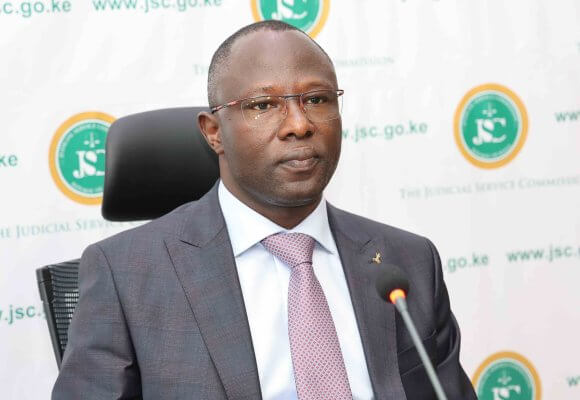

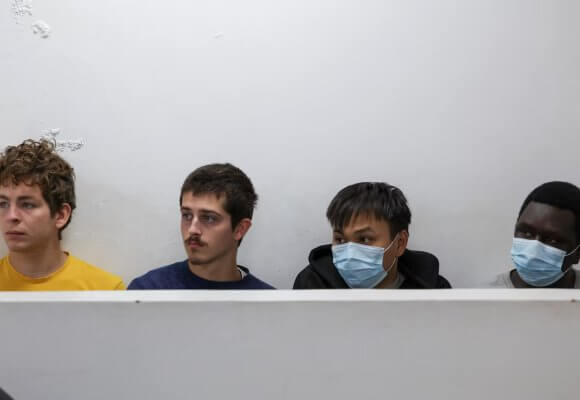
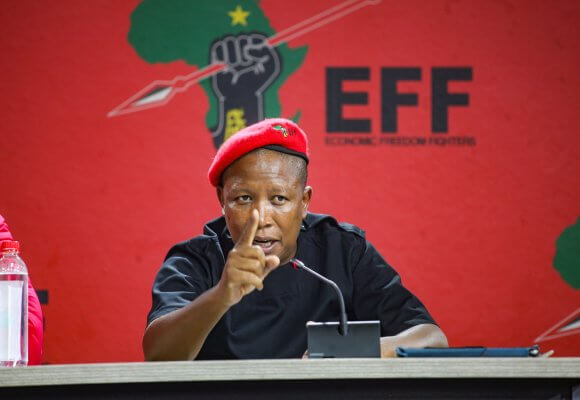
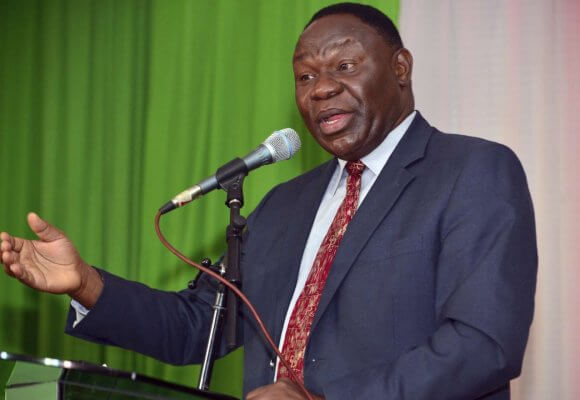



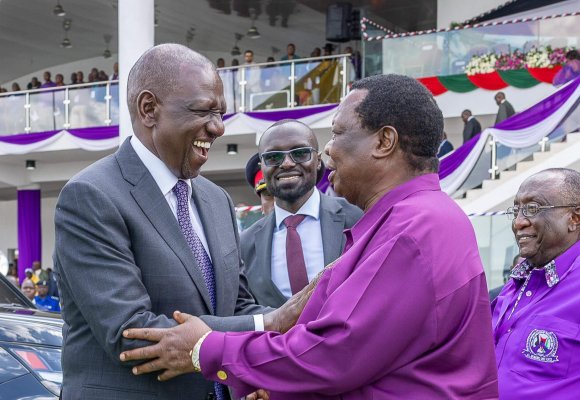
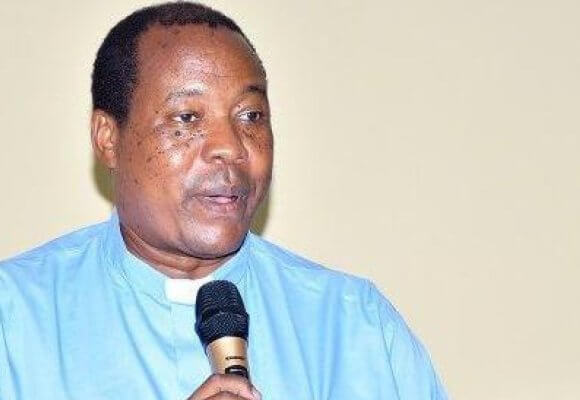
LEAVE A COMMENT
You must be logged in to post a comment.